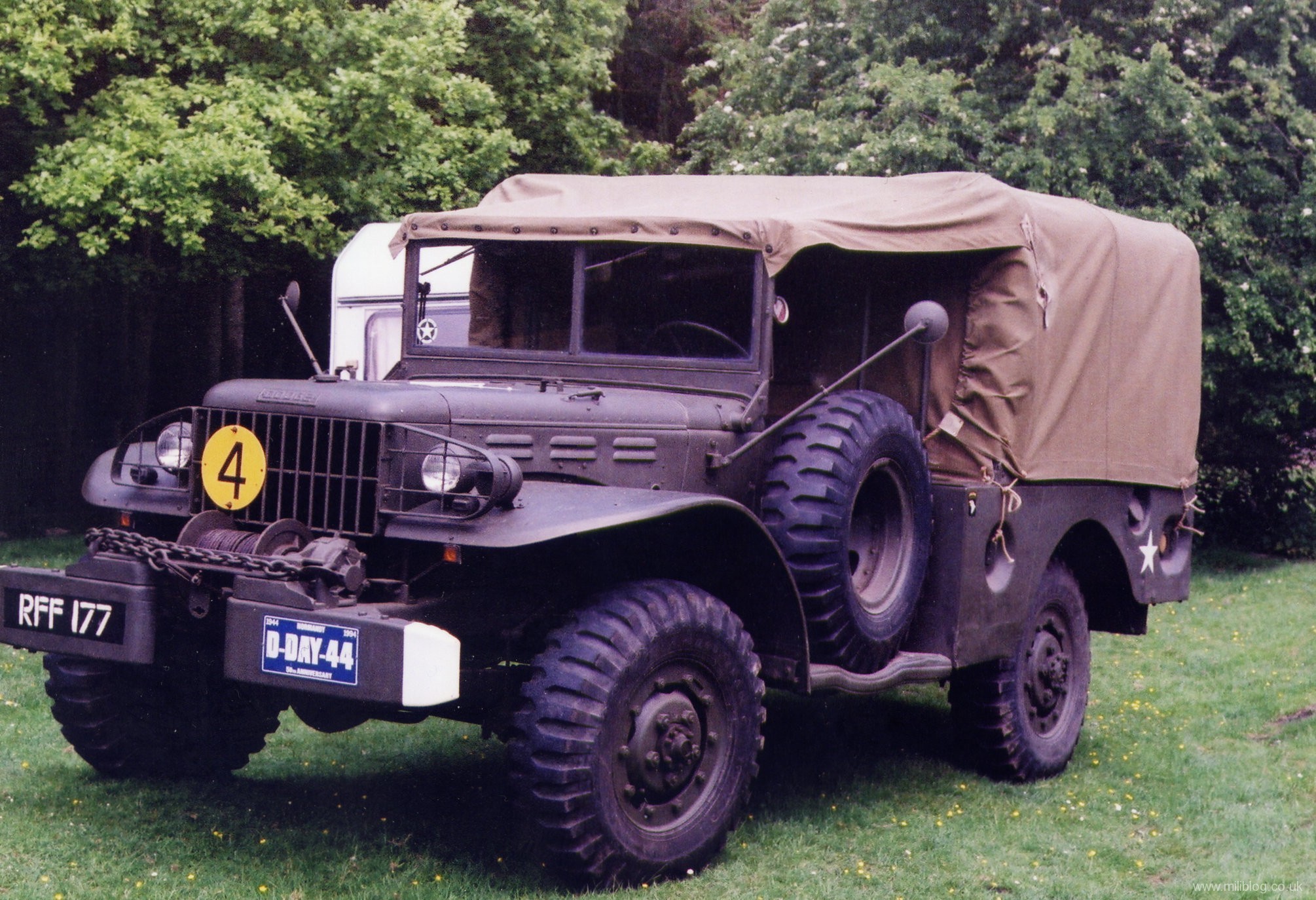Anchises
Banned
Reading some interesting debates and TLs, I have often read about the bad state of the U.S. military after Vietnam.
From doubting that the U.S. could have seized Arabian oil fields in 1973, to doubting that U.S. capabilities to project power were seriously hampered, different positions are being held.
So what I want to discuss here:
Was there a "real" low point, where Americas military options were seriously reduced (waging overseas wars, force levels in Europe etc.).
Opposed to this low point, when was the high point of Americas military might, in the Cold War.
And how did the U.S. military recover from Vietnam/the low point, and when was this recovery started and finished?
From doubting that the U.S. could have seized Arabian oil fields in 1973, to doubting that U.S. capabilities to project power were seriously hampered, different positions are being held.
So what I want to discuss here:
Was there a "real" low point, where Americas military options were seriously reduced (waging overseas wars, force levels in Europe etc.).
Opposed to this low point, when was the high point of Americas military might, in the Cold War.
And how did the U.S. military recover from Vietnam/the low point, and when was this recovery started and finished?

